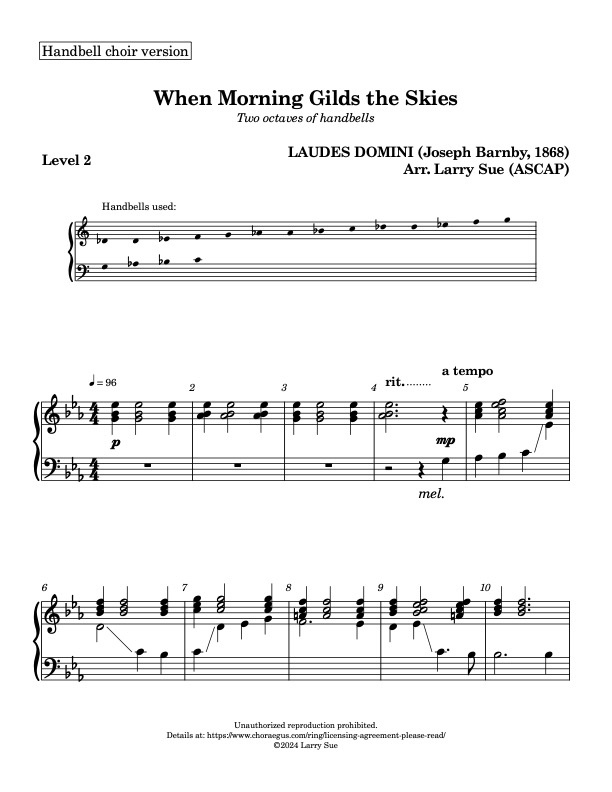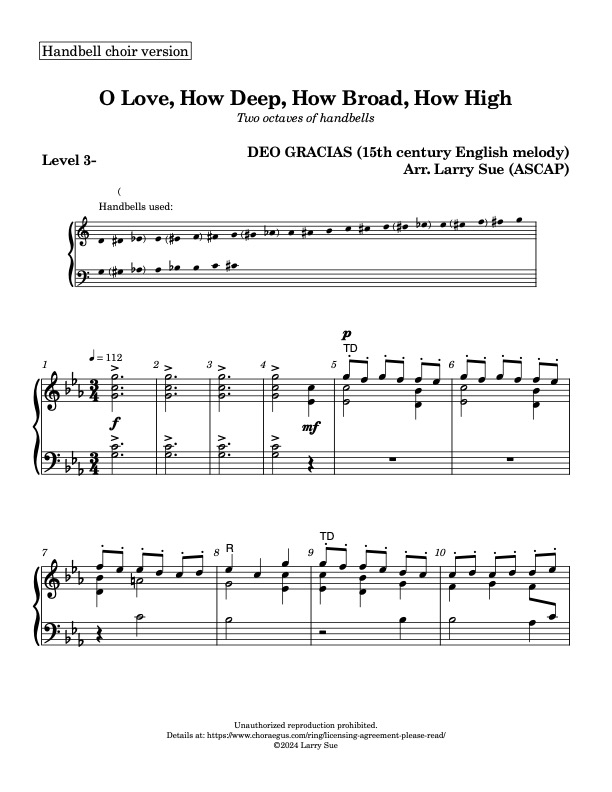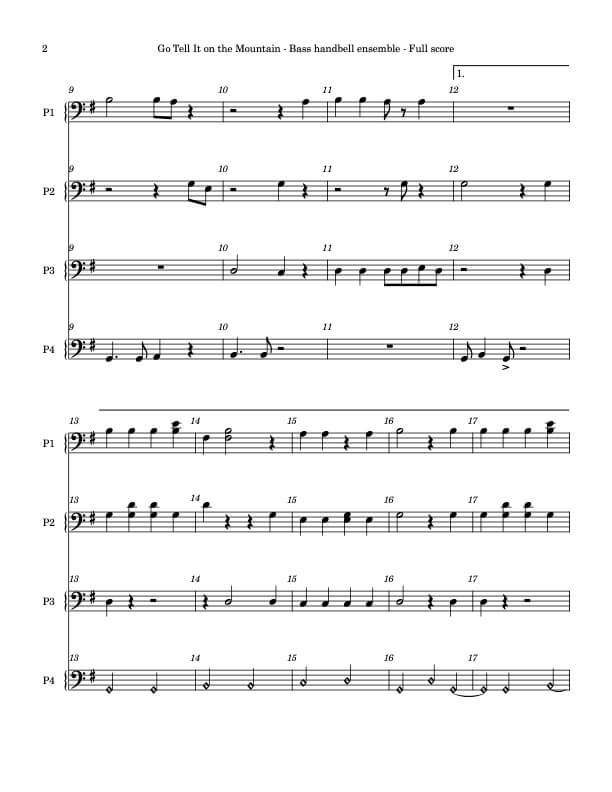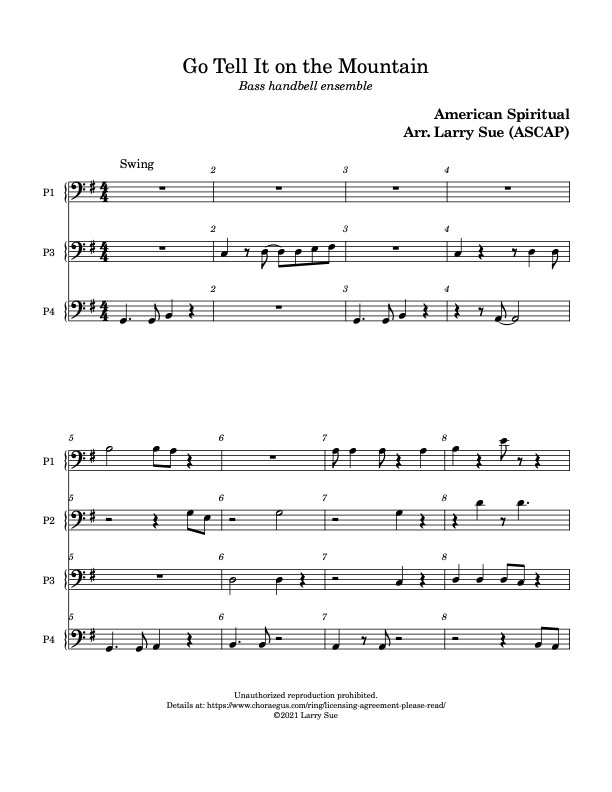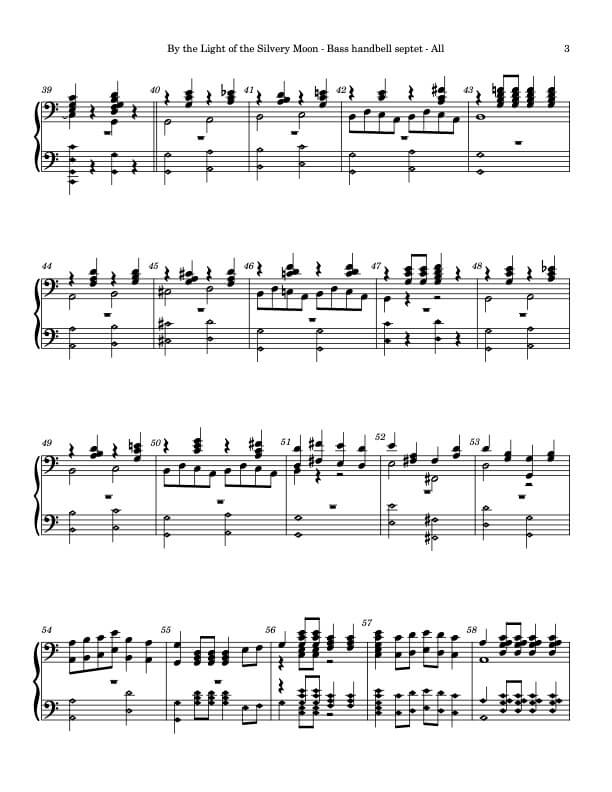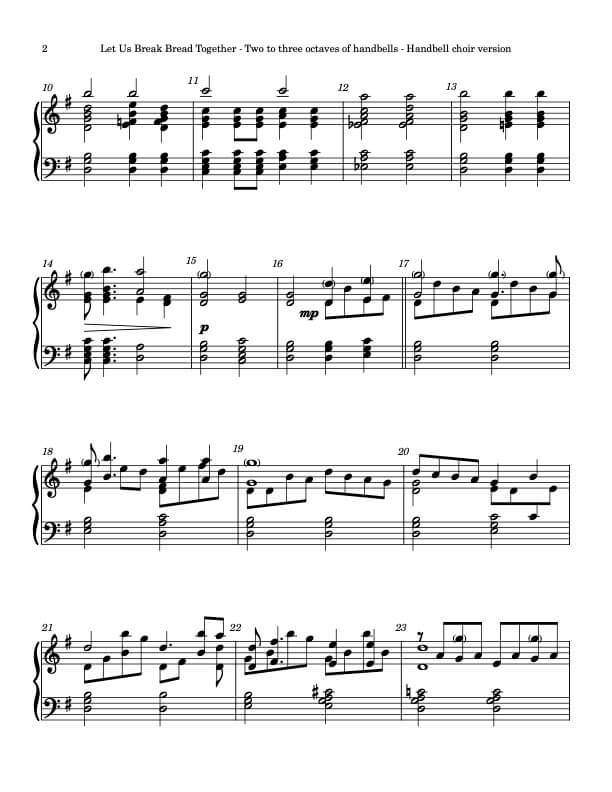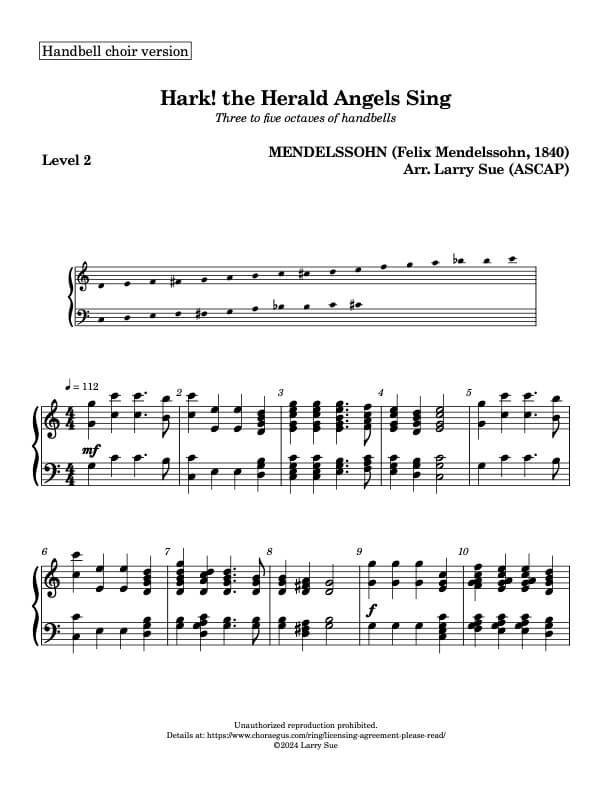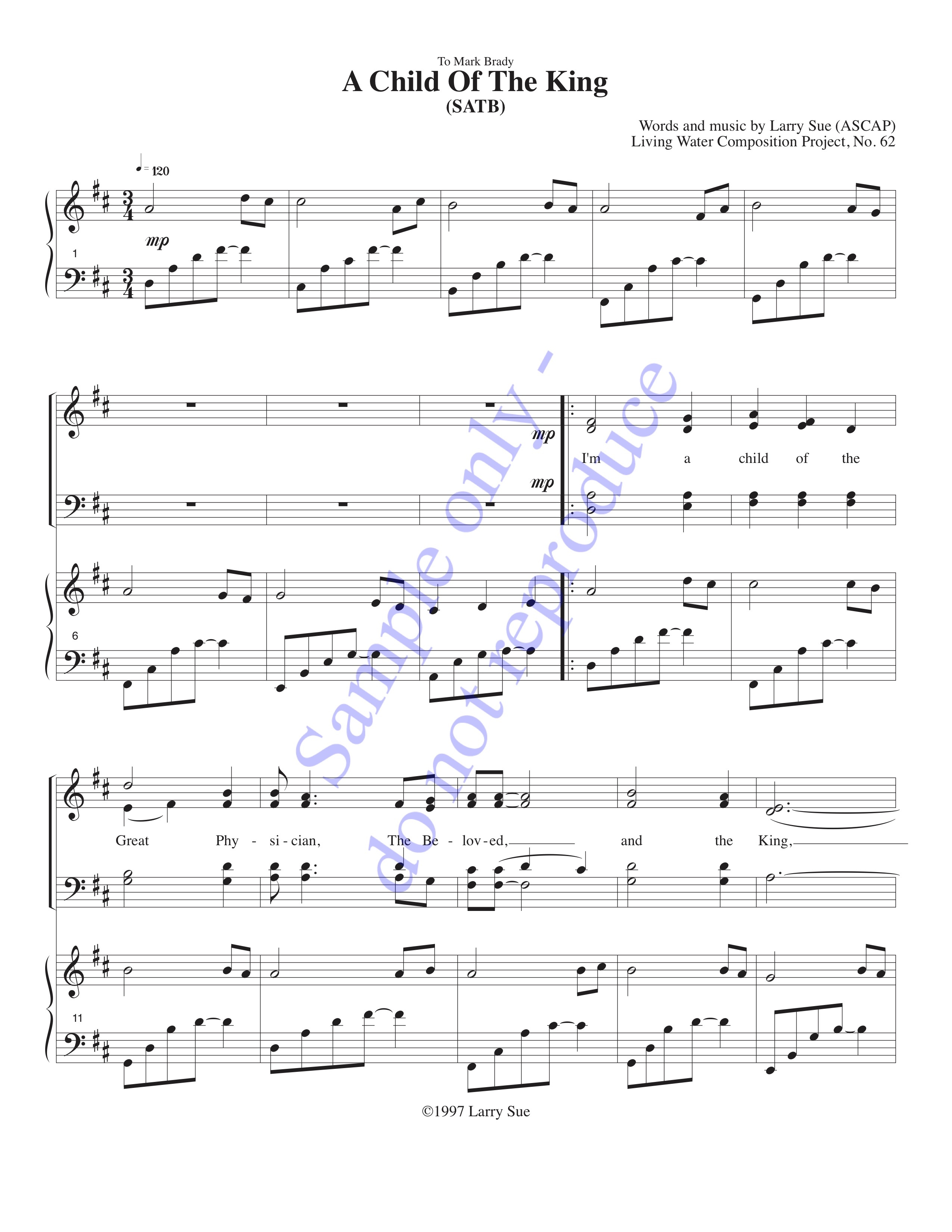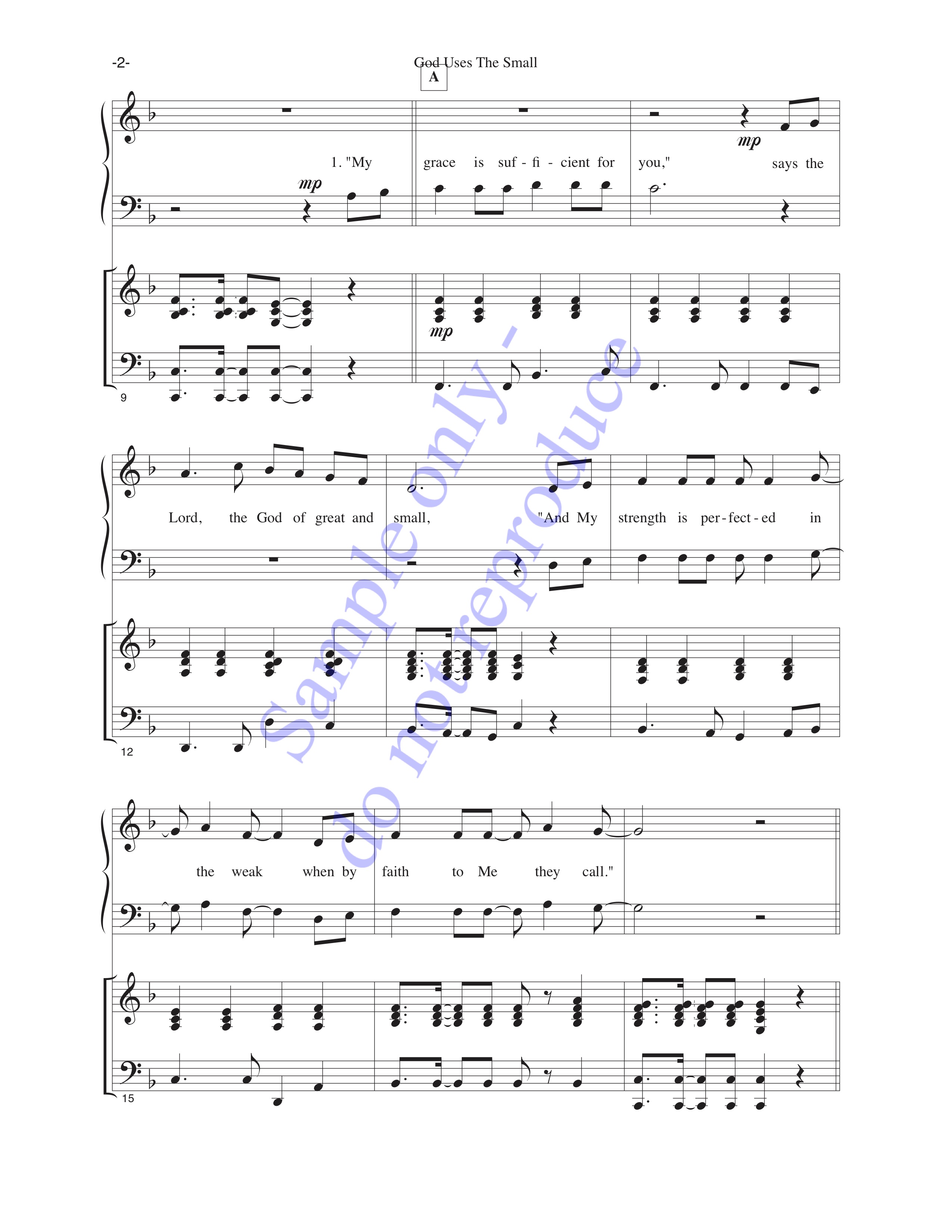The snow started falling this morning at our place. Millions of tiny bits of ice surround us, and we’re safe and warm inside. Shoveling awaits…
It’s the end of 2020, and as we’ve had a fairly wild December, we’ve decided to take a break from our rather manic two-a-week publication pace and get a little rest.
Perhaps some of you feel the same way after the year you’ve had. You’ve figured out how to prerecord and livestream church services, meet on Zoom (or similar app); communicated by email, txt, and maybe even old-fashioned – “classic”? – phone calls; and uploaded more files than you ever imagined possible. The pandemic has made us jump-shift violently in so many ways.
But you’re reading this, so you’ve achieved some level of adaptation. Congratulations, and good for you – that means you’re a survivor. We hope that God will continue to sustain you and yours as we persevere together.
We at Choraegus (Larry and Carla, West Michigan’s Smallest Handbell Ensemble – both of us! 😀 ) thank you for giving us the privilege of providing music for you to play in this crazy time. We’ve been thrilled to know that we have a resource that has kept your handbells ringing through the summer, on through Christmas, and into the new year. We thank you for being so kind as to add credits to your videos, not merely because it’s a responsible thing to do, but much more because doing so has enabled us to share in your services and concerts.
We’ve been amazed to see how you have started playing duets, trios, and quartets from the safety of your homes. Some of you were experienced ringers, and some of you were picking up a handbell for the first time. Our great joy has been to see you growing not only in your ringing skills, but even more as families. We’ve loved seeing that as you continue to make new videos – keep ’em coming!
Thank you to the full-sized church and community ensembles that have considered our music worthy of your attention. We know that social distancing may have made performance of your normal repertoire impractical or impossible. We’ve been amazed by your resourcefulness on behalf of your congregations and audiences – and are overjoyed to have been part of the solution you sought.
Many other composers have had to make rather drastic changes in their writing to provide music to the world. COVID-19 has changed their world as much as anyone else’s. We’re humbled that God put Choraegus here years in advance of the current need.
Onward into the new year! We wish you the best, and plan to continue offering new music that you’ll find artistic, challenging, and just plain fun to play. That, after all, is our calling.
Merry Christmas and Happy New Year from Choraegus. See you soon! 💙


